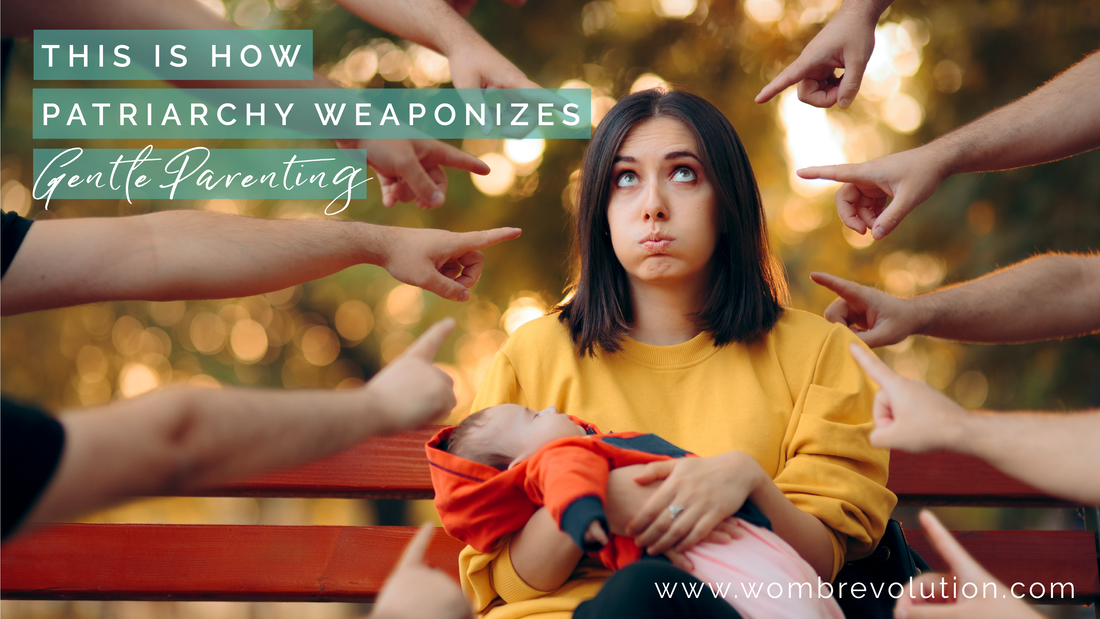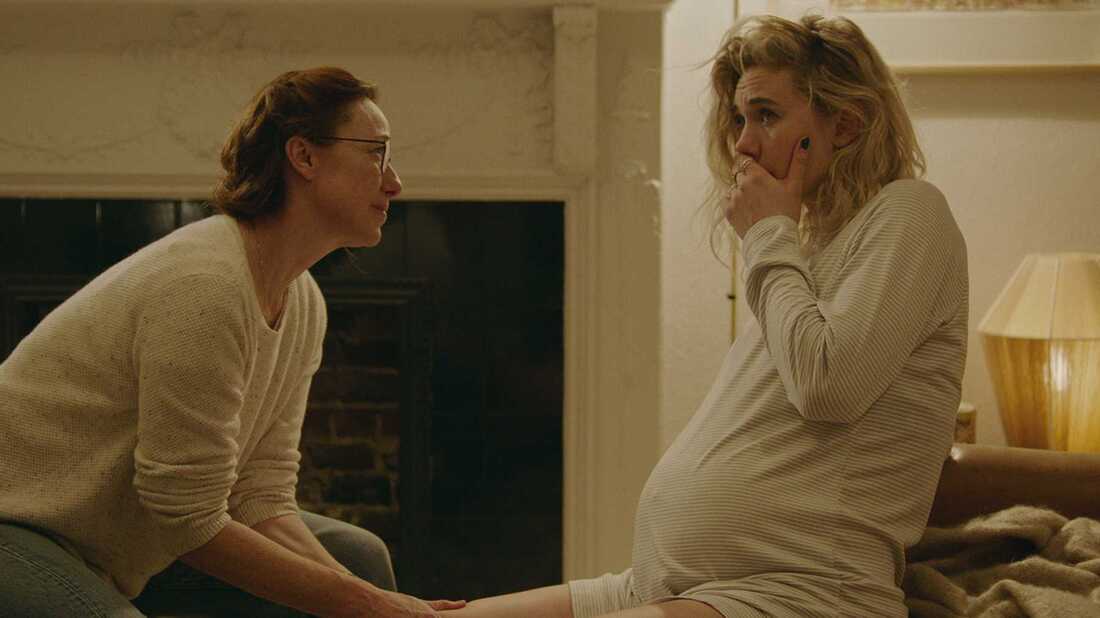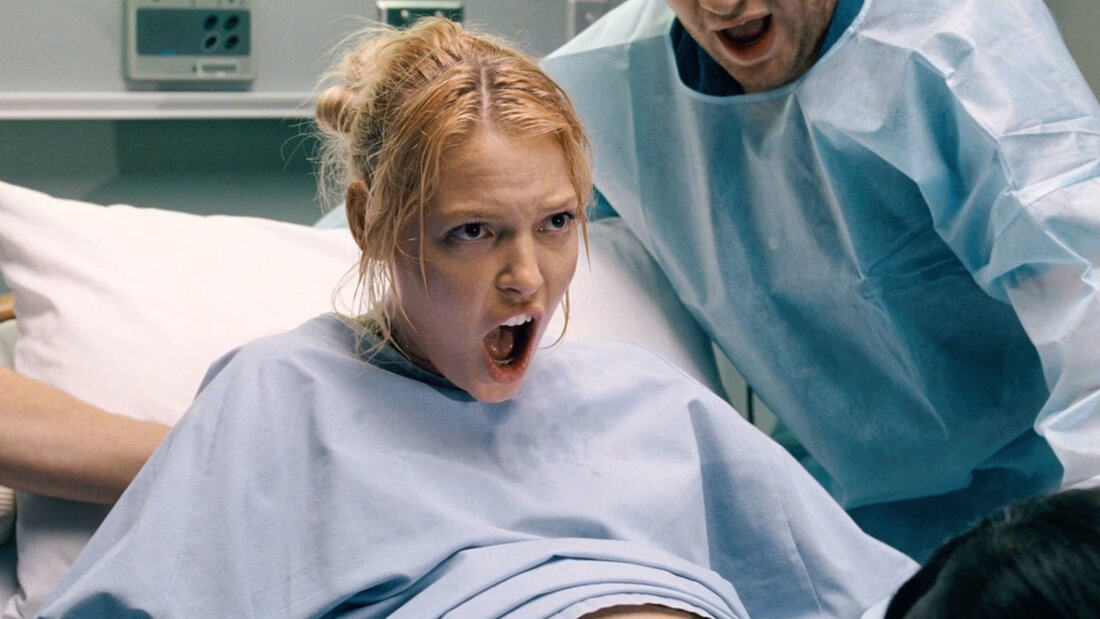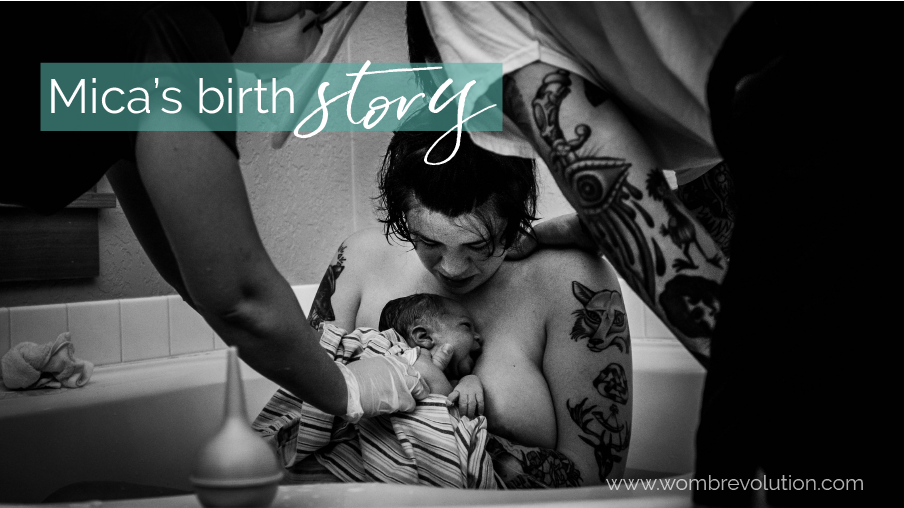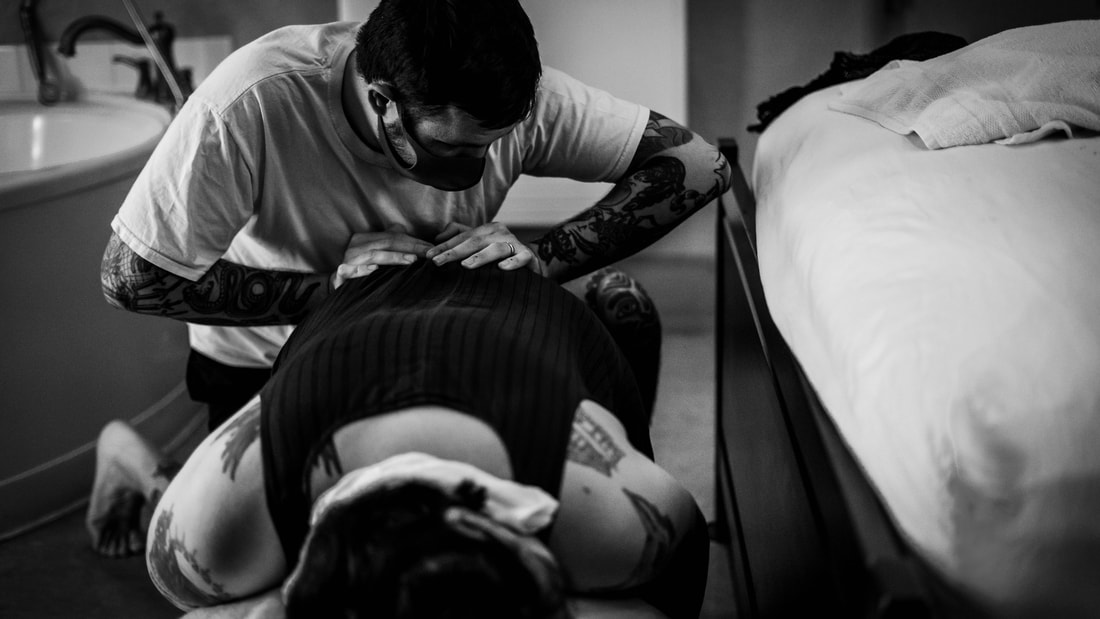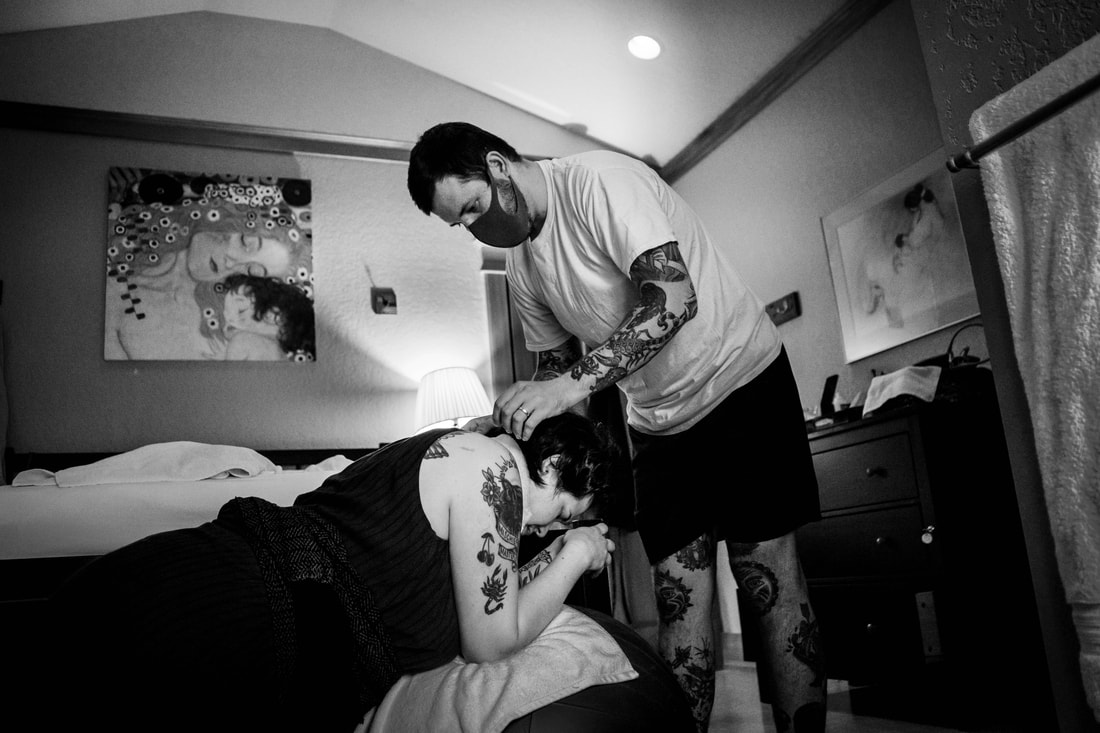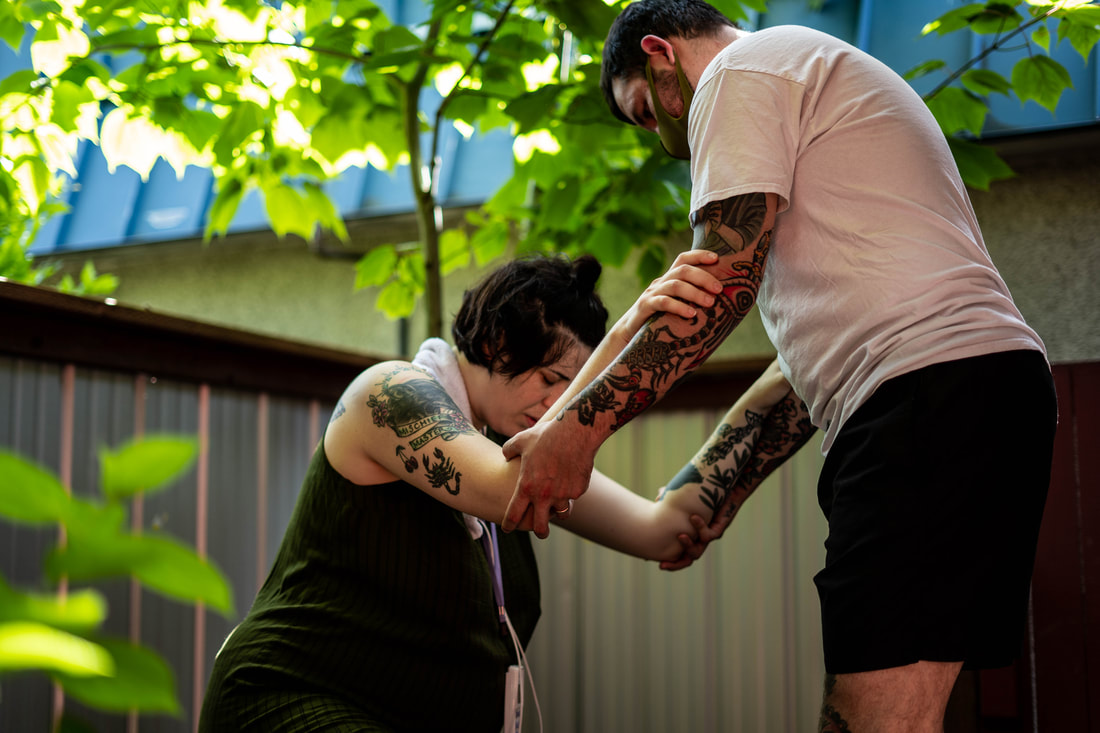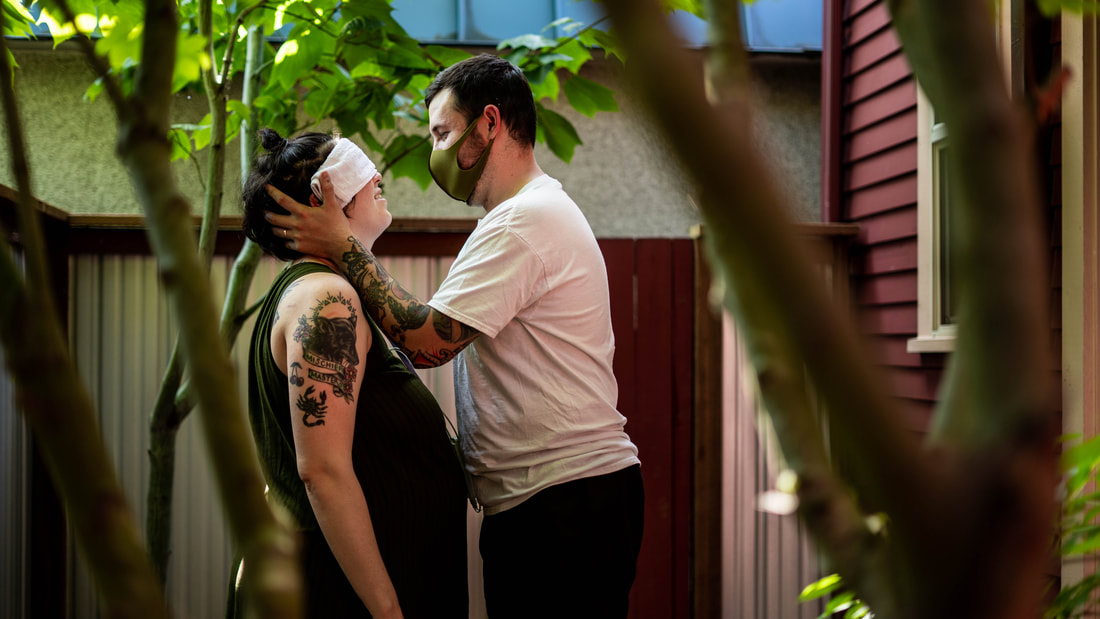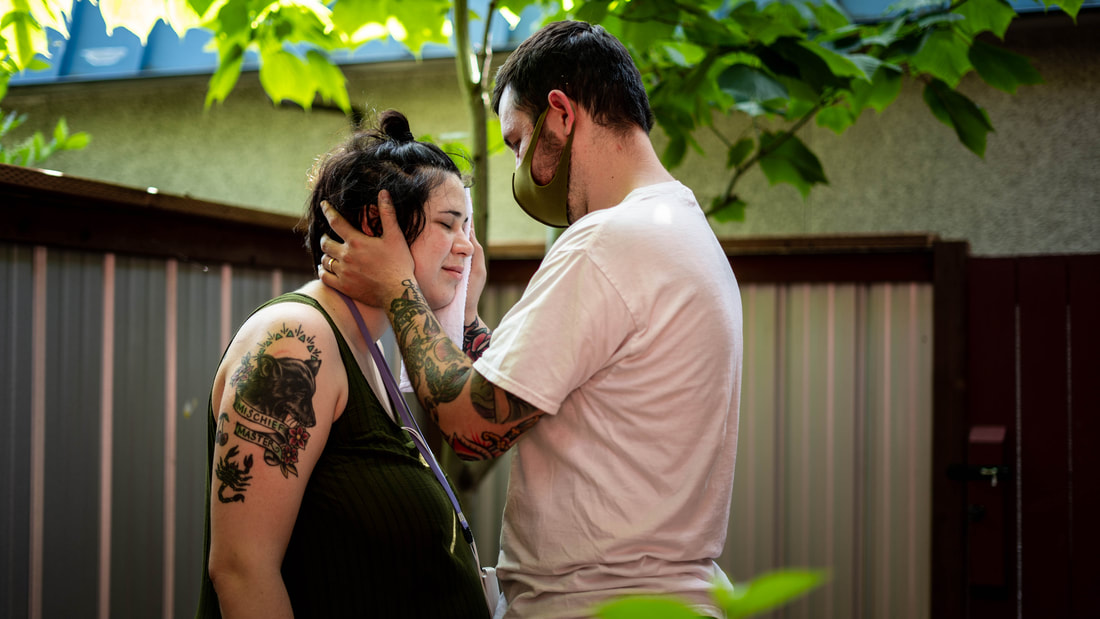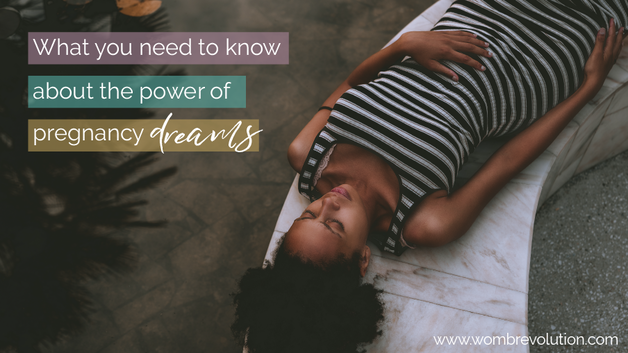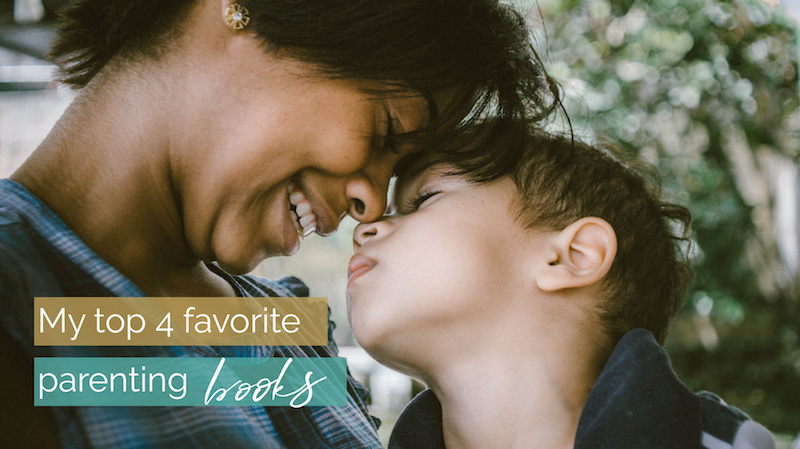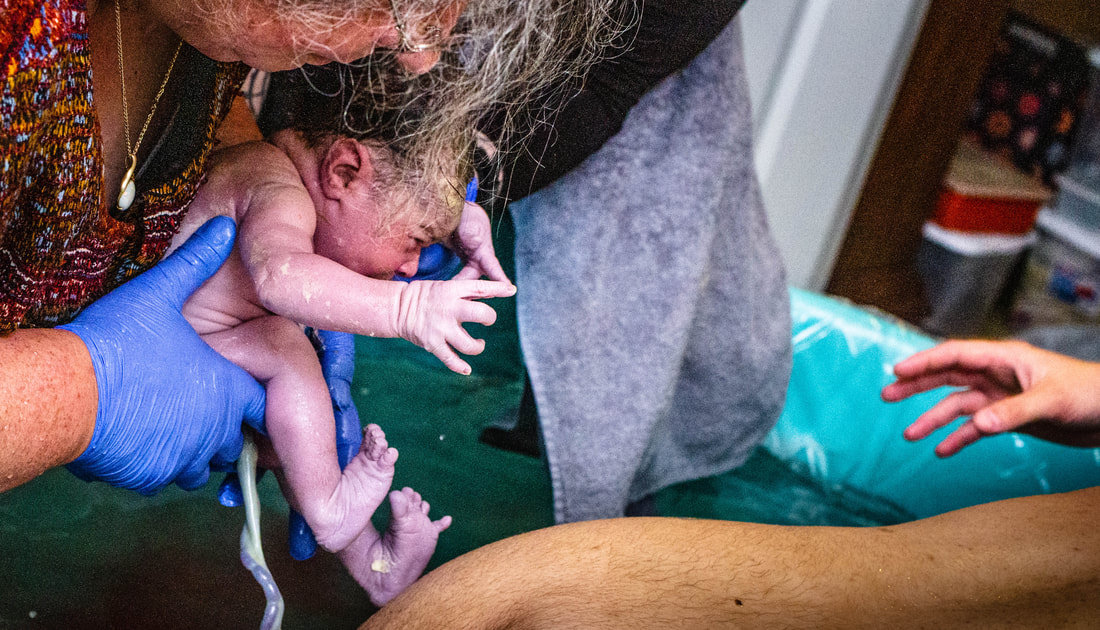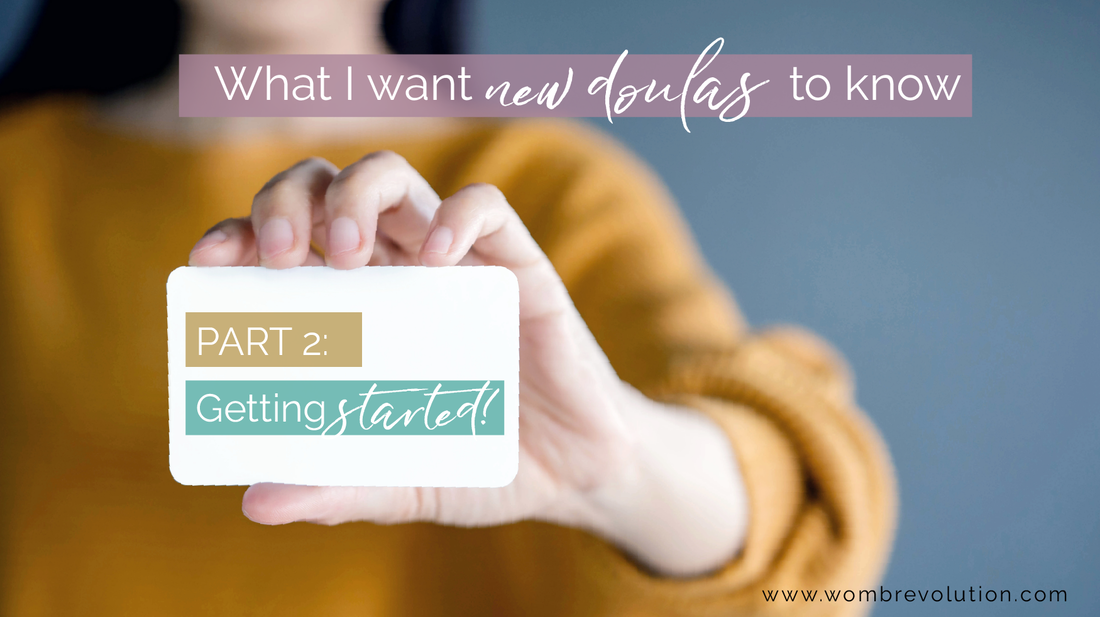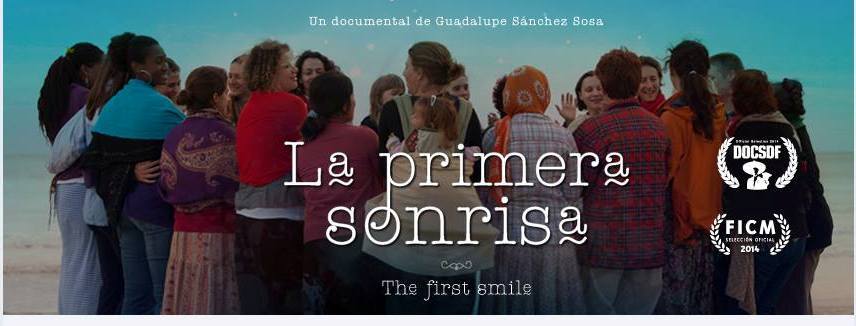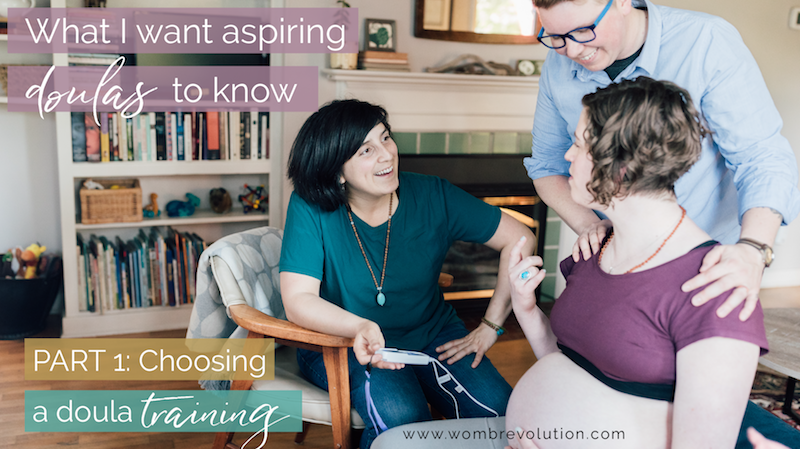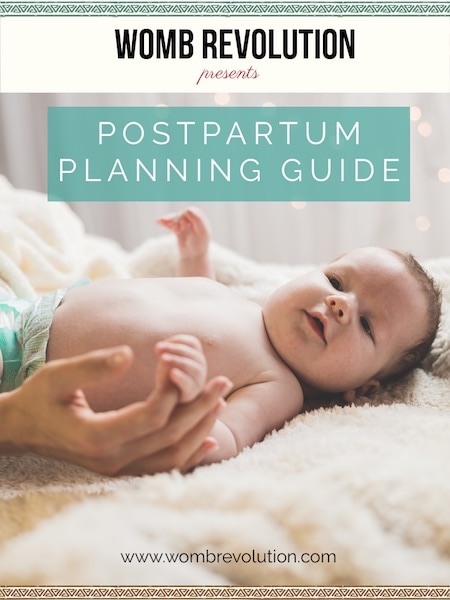As a birth worker, I’m constantly exposed to the shocking contrast between the special care and accommodations society facilitates for pregnant people and the harsh judgment that mothers face once their babies are born.
A visibly pregnant person might have someone offer them a seat on the bus, be helped to carry groceries, or be gifted cute clothes and diaper cakes for her unborn child. Meanwhile, the newly postpartum mom is mostly rushed to lose weight, care for her child 24/7, and get back to the productivity race that keeps capitalism running. “Sounds too hard? Well, you wanted to have children, right?”
In the past few years, highlighted by the COVID-19 pandemic, the awareness about mother’s declining mental health has grown. In truth, Western culture has been equating motherhood (and especially postpartum) with depression, noble suffering, and rewarding sacrifice for centuries. Nowadays the internet has given many people platforms to express themselves openly and hear from others, and the reality is clearer than ever: moms, for the most part, are not okay.
Struggling, broken, rageful, resentful, desperate, suffocating, alone, trapped, lost: these are some of the most common words moms in social media safe spaces will use to describe their daily lives if given the chance to share anonymously or privately.
According to CDC research, 1 in 8 birthing people may experience postpartum depression in the year after giving birth. With approximately 4 million live births occurring annually in the United States, this means around 500,000 postpartum depression diagnoses.
The prevalence of postpartum mood disorders is not a secret, but it’s gravely misunderstood. Most people dismiss it as a hormonal shift that will eventually pass and assume that after that initial encounter with the baby blues, motherhood will become the most joyful and rewarding experience in a woman’s life: The happily ever after.
Many think that when it comes to honesty and expressing grievances about motherhood, the pendulum has swung too far. Articles such as How Millenials Learn to Dread Motherhood illustrate this point and I think behind it, there is a yearning. Ever since early childhood those of us who are socialized to fulfill feminine roles in society are groomed into heterosexual myths of happiness through the nuclear family. Princess culture, abstinence-only sexual education, hyper-sexualized feminine idols, and the extremely demanding ideal of the super mom who “has it all”, are some of the overwhelming contradictions that plague the landscape of growing up female in the Western world.
